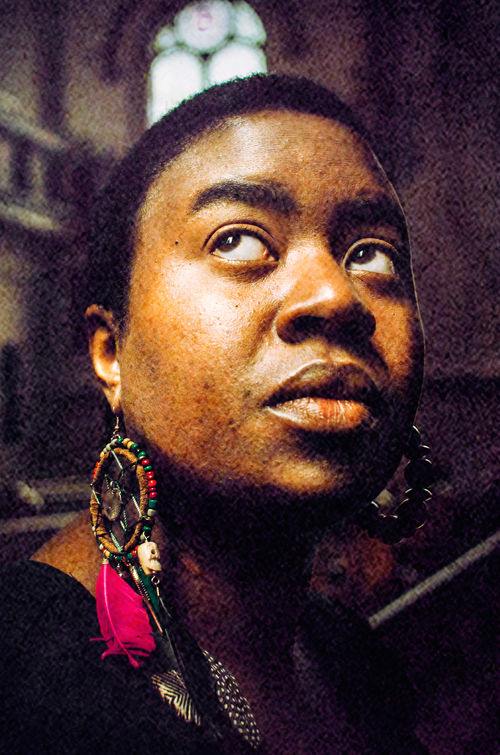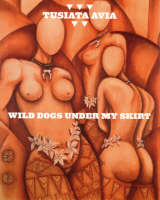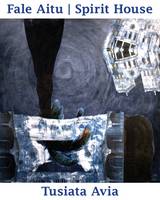Do you remember the excitement of finding a true friend in high school days? When you were lost but then found yourself by finding a friend? When you realized there is someone else out there, who likes the same weird books as you do, listens to the same music and shares the same humour and passion for so many other exciting things? The one you could talk to late into the night and (nearly) never run out of things to say? And when you did, it was nice and comfortable to just be quiet. Together.
I came across such friendship at this year's Auckland Writers Festival. Though it revealed to me on the stage, it was clearly not staged. Christchurch born poet Tusiata Avia and Maxine Beneba Clarke, Australian poet and writer, were like two shy girls, who have gathered in their hideaway, somewhere far from the adult's world, to share their most precious and beloved sweets with each other. Sitting behind the coffee table on the stage, they were begging each other to read another poem. And another. And another - almost forgetting about the presence of the audience.
There was something truthful and playful in their relationship, in this game of exchanging tiny little gems. In the era of authorship and general egocentrism, it is very rare to see such genuine friendship amongst authors. Most of the time, we read about one single author, we listen to her or him speak on the stage about their work. So having two minds and hearts tripping on each other with such sincerity was really refreshing.
Maxine and Tusiata read poems from their award-winning books. There was a big stack of them on the table, with stationery stickers in various places, marking pages populated by voices that wanted to be heard. Gifts that Maxine laid on the table included her newly released poetry collection Carrying the World, a collection of short stories Foreign soil and three other collections of poetry. Tusiata brought along her Wild Dogs Under My Skirt, Bloodclot and freshly launched Fale Aitu | Spirit House, all poetry collections as well.
Voices captured in their work are voices of diaspora. Many different voices, who speak many different Englishes. But for Maxine as well as Tusiata the main reason why these voices need to be heard and their stories told lays in the human experience and not in the cultural aspects these voices bring with them. So they are both getting a bit tired of culturally and racially focused receptions of their work, when their intention is to show something universal, something human. "It is not a great position to be in," says Tusiata. "If you are a 'writer of colour' you are pigeonholed at the beginning of every presentation. People need to identify you before they engage with your work."But at the same time, she confesses, that identification is unavoidable, as "poetry is so personal and our personal paths are about where we are from."
They are not the only ones raising their concern about the biased reception of work from 'writers of colour'. During the Sunday session titled The Diversity debate, Marlon James declared, half jokingly, half serious, that he will not be attending any sessions about diversity any more. Pettina Gappah earlier that afternoon talked about the burden that sort of labelling gives to 'coloured writers': "This label comes with expectations of what you talk about in your work."
I could feel myself being challenged after each of the sessions. They made me think of myself as a reader and my own reception of work written by 'writers of colour'. And they also made me wonder, if true friendship happens, when we look at the world above and beyond pigeonholes of colour, sex, race, ability, language, culture, age and socio-economic status. According to Maxine's inscription in my copy of her book, that may as well be true. "From my heart to yours", it says.
Which, when read again, it could also sound like a tutorial on how to read.
Find out more
- Check our catalogue for Tusiata Avia’s books
- Find out more about the Auckland Writers Festival 2016
- Browse all our Auckland Writers Festival posts
- Read Masha, Moata and Roberta’s Auckland Writers Festival 2016 recommended booklist
- See photos from the Festival







Add a comment to: Tusiata Avia and Maxine Beneba Clarke on friendship and reading beyond the colour – Auckland Writers Festival 2016